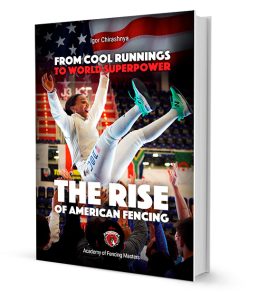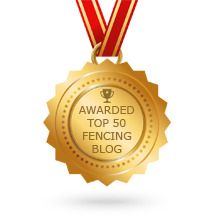Fencing can begin as young as seven or even six years old, and we want to encourage those littlest fencers to get the most out of the sport. Any parent will tell you that elementary school-aged kids have very different needs than middle school or high school-aged...








